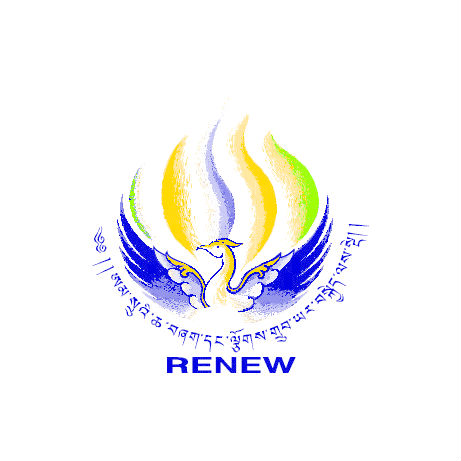

| 31 March 2016
New Zealand Family Planning
New Zealand Family Planning (NZFP) runs 30 permanent clinics and 30 mobile facilities which offer a range of sexual and reproductive health services, including contraceptive advice and prescriptions, testing and treatment of sexually transmitted infections (STIs) including HIV, pregnancy testing and advice, and cervical screening. NZFP also runs schools-based clinics, predominantly in high needs areas, and its health promoters operate at 15 locations across the country. The health promoters work with schools, parents, and caregivers to lead courses on sexual and reproductive health (SRH). Some of this work extends into prisons and marae (Maori meeting places). Since sexuality education became compulsory in New Zealand secondary schools in 2001, NZFP has been closely involved in running courses, and in training staff to deliver effective SRH lessons. The organization plays a key role in advocating at national and international level for legislative change to promote the right to control SRH as a fundamental human right. It is a particularly active participant in the New Zealand Parliamentarians Group on Population and Development, where the organization’s expertise in delivering services to answer people’s SRH needs provides a practical grounding for policy improvements. Contacts Website: www.familyplanning.org.nz Facebook: https://www.facebook.com/familyplanningnz

| 31 March 2016
Respect Educate Nurture Empower Women - Bhutan
Established in 2004 by Her Majesty the Queen of Bhutan, Respect, Educate, Nurture, Empower Women (RENEW) became an Associate Member Association of IPPF in November 2009. It aims to be the leading organization in shaping the future role of women in Bhutanese Society, helping to reduce vulnerabilities while nurturing and empowering them. Their work is focused on reaching poor, disadvantaged and adolescent girls and women. RENEW has a widespread community-based support (CBS) system (established in 20 districts), and a community outreach programme run from the RENEW centre. Work focuses on sensitization with regard to HIV and AIDS, education in family planning approaches and contraceptive methods, and enhancing the safety of pregnancy and childbirth. A clear problem in Bhutan is the unequal position of women. One of the expressions of gender inequality is high levels of gender-based violence (GBV) which is seen as a natural part of married life, and not as an issue. RENEW has a vigorous education programme designed to reverse such attitudes. Bhutan is a unique country: all development is based on promoting Gross National Happiness (GNH), and comprehensive sexual and reproductive health (SRH) services, acceptance of every individual’s sexual and reproductive health and rights (SRHR), and the practical realization of those rights are regarded as critical components in increasing GNH. Given this political context, RENEW has ambitious targets. Although it has only been established for 10 years, it is making remarkable strides towards the achievement of better SRH and SRHR outcomes for the nation and its people.







